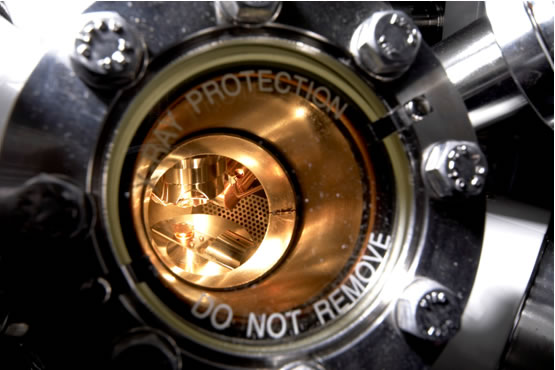Jan 16 2007
Pharmaceutical tablets are produced utilising two main techniques:
- Direct Compression
- Dry Granulation
Using state-if-the-art surface analysis techniques these two manufacturing routes can now be distinguished often enabling counterfeit drugs to be identified.
Figures from the World Health Organisation (WHO) suggest that counterfeit drug sales will reach an astonishing US$75 billion by the year 2010, and currently account for 10 per cent of the global pharmaceuticals market.
At their crudest, counterfeit drugs may contain ingredients that are detrimental to the health of the patient, possibly even fatal. Alternatively, the drugs in question may contain insufficient quantities of the active ingredient necessary to treat the patient adequately. If taken for a prolonged period, such drugs could in fact result in patients developing a resistance to particular medication, thus making further successful treatment difficult.
The way ingredients ‘sit together’ within a specific drug can affect, for example, the rate at which it is absorbed into the body, a crucial part of any medication. In this respect the manufacturing process can be just as important as the actual ingredients used.
 |
|
Figure 1-XPS analysis chamber. |
CSMA's surface analysis expertise is world renowned and has been built up over twenty years of solving problems for a wide range of industries and materials.
Click here for more information from CSMA.